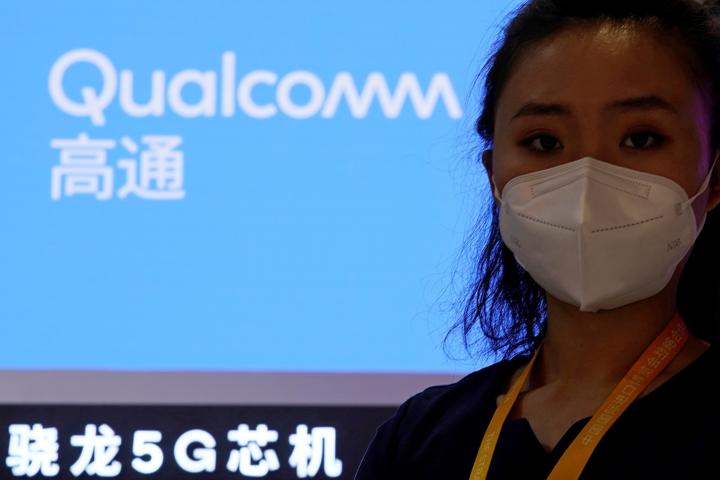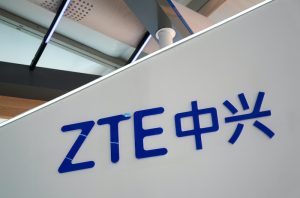Technology companies’ services could be banned from the European market if they do not heed EU regulation, Europe’s industry chief Thierry Breton told German weekly Welt am Sonntag, as the European Commission finalises rules on internet companies.
Breton will announce new draft rules known as the Digital Services Act and the Digital Markets Act together with European Competition Commissioner Margrethe Vestager on December 2.
The rules will set out a list of do’s and don’ts for gatekeepers – online companies with market power – forcing them to share data with rivals and regulators and not to promote their services and products unfairly.
The new draft rules come as critics of US tech giants, which include companies and industry bodies, question the EU’s rulings against Alphabet unit Google, saying they have not curbed its allegedly anti-competitive behaviour.
Some want EU enforcers to go further than just ordering companies to stop such practices.
The draft rules would allow the EU to ban companies or part of their services from the 27-country bloc as an extreme option. Until the draft rules are adopted EU antitrust and digital regulators do not currently have the power to impose such bans.
“Strict rules must be enforceable”, Breton told Welt am Sonntag.
“For this we need the appropriate arsenal of possible measures: Impose fines, exclude companies or parts of their services from the Single Market, insist that they split up if they want to keep access to the Single Market. Or a combination of all of these.”
He added that these sanctions would only apply to companies that do not respect the EU’s rules, and that the toughest measures would only be used in exceptional circumstances.
In a sign of how much tech firms fear the new regulation, Google unit last month launched a 60-day strategy to get US allies to push back against the EU’s digital chief.

A Qualcomm sign is seen at the third China International Import Expo in Shanghai, China on November 5, 2020. REUTERS/Aly Song.
Meanwhile, in other tech news, Qualcomm Inc on Friday received a licence from the US government to sell 4G mobile phone chips to China’s Huawei Technologies, an exemption to US trade restrictions imposed amid rising tensions with China.
“We received a licence for a number of products, which includes some 4G products,” a Qualcomm spokeswoman said.
Qualcomm and all other American semiconductor companies were forced to stop selling to the Chinese technology firm in September after US trade restrictions took effect.
The spokeswoman declined to comment on the specific 4G products Qualcomm can sell to Huawei but said they were related to mobile devices. Qualcomm has other licence applications pending with the US government, she said.
In the past Huawei was a relatively small chip customer for Qualcomm, which is the biggest supplier of mobile phone chips. Huawei used its own house-designed chips in its flagship handsets but used Qualcomm chips in lower-priced models.
Huawei’s potential to design its own chips was thwarted in September by US trade restrictions that blocked its access to chip design software and fabrication tools. Industry analysts believe Huawei’s stockpile of chips purchased before the ban could run out early next year, crippling its smartphone business.
‘Limited impact’
Bernstein analyst Stacy Rasgon said the Qualcomm licence would have a “limited impact” because it covers only 4G chips while consumers are shifting to newer 5G devices. Rasgon said it is still unclear whether US officials will grant Qualcomm licences for 5G smartphone chips.
Representatives for Huawei and the US Department of Commerce, which grants the licences, declined to comment.
Other US companies such as Micron Technology were also stopped from selling to Huawei and have said they have applied for licences. Intel has also said it has a licence to sell to Huawei.
Reuters
























